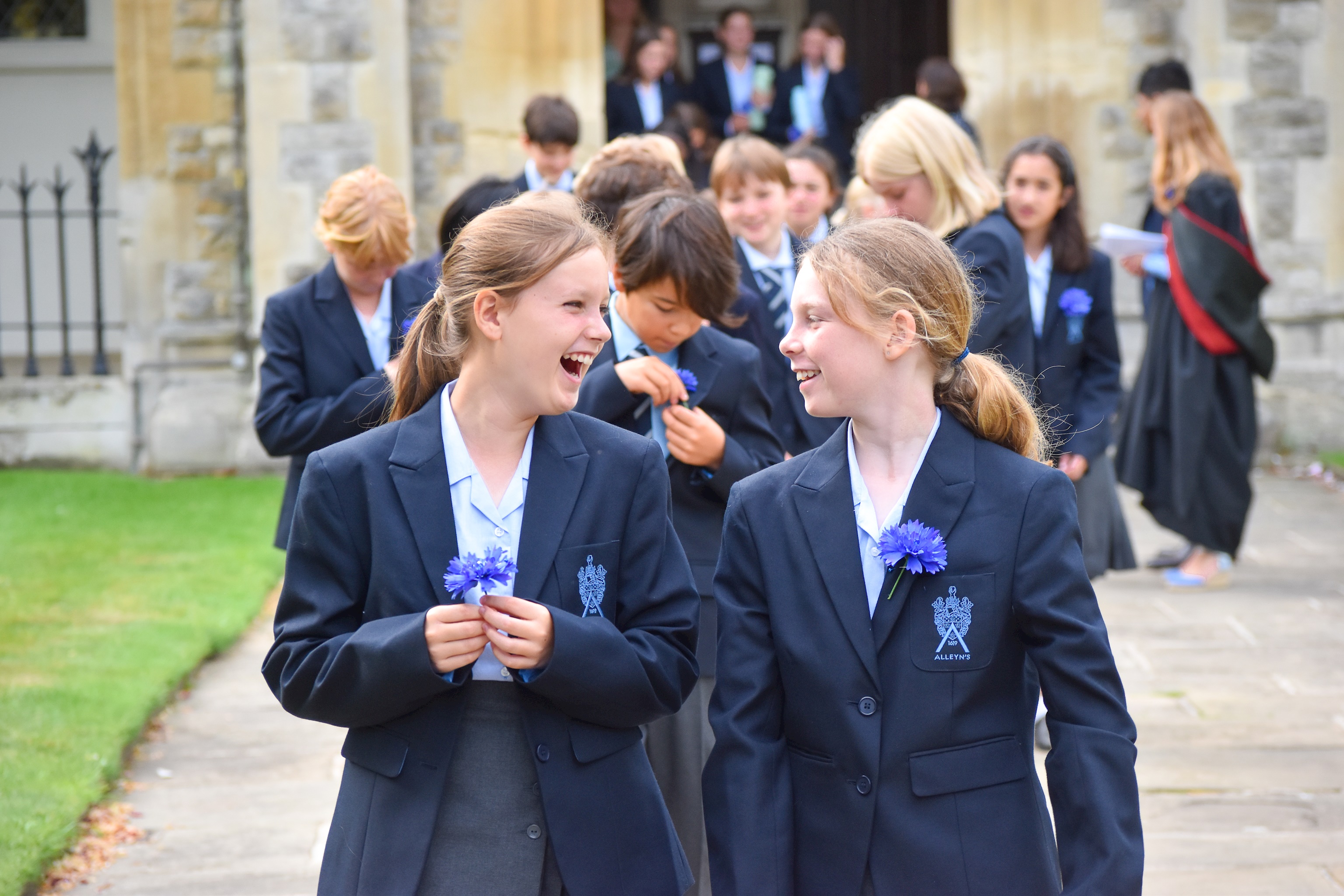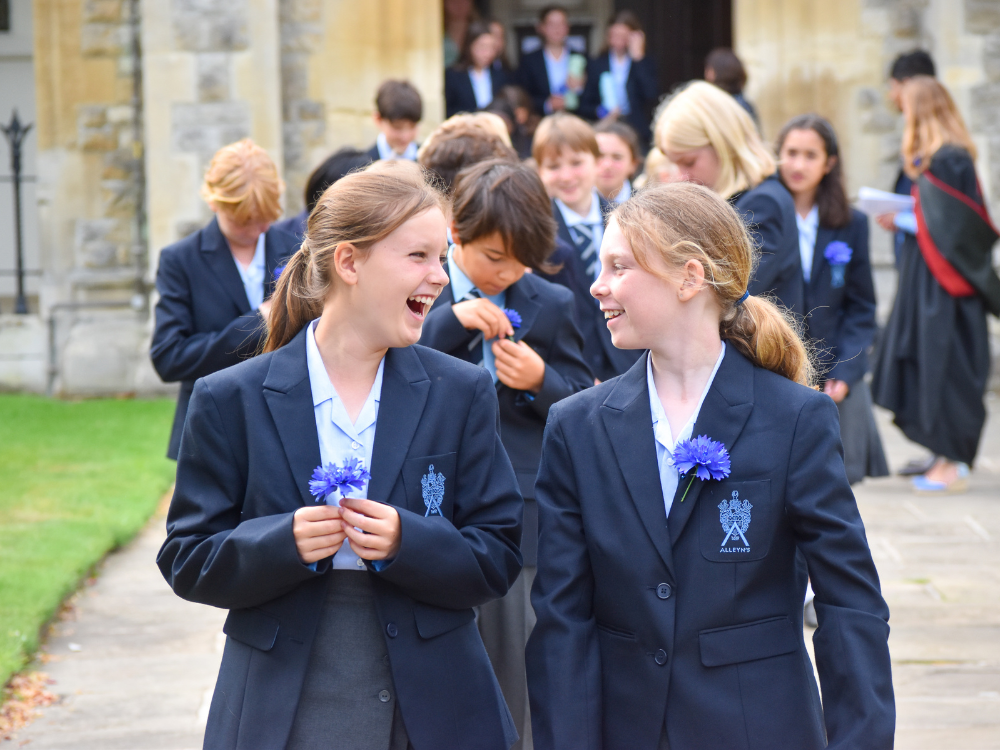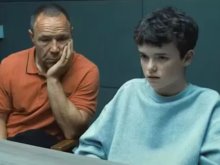Netflix hit miniseries Adolescence is no exception, the latest in a seam of black gold to explore troubled young men and the consequences of their actions.
The focus of Adolescence is Jamie Miller, a 13 year-old boy who murders a girl after following her one night to a car park. This isn’t a spoiler. The audience know this pretty early on when police produce CCTV footage. No investigative twists and turns here. Instead, the mystery is how a young person could come to this point, whether we can get ‘towards zero’ and fathom the mazy mind of the manosphere that seems to have shaped Jamie’s world view.
Being able to recognise the ideological obsessions of Elliot Rodgers, Jake Davison and Andrew Tate makes it easier to see the genesis of Patrick Bateman, Kevin Katchadourian and, of course, Jamie Miller. The source material for this stunning piece of television is no fantasy even if it is a fiction. It is rooted in the new truth of what it means to be an adolescent growing up online, at home, in schools.
In this last, the adults in the room are helplessly out of their depth; some realise it and are resigned to it, like Jamie’s teacher Mr Malik speaking generally about his peers in 8G. ‘These kids are fucking impossible. What am I supposed to do?’ Mrs. Fenimore is the most bumbling of all, barely in control of the classrooms into which she ushers the detectives and never giving them enough time to engage with the pupils.
Even they are helpless despite their initial veneer of competence. DI Luke Bascombe’s son Adam acidly remarks on his attempt to get to the bottom of Katie’s murder after a failed attempt to explain paralinguistic use of emojis in online youth culture: ‘It’s embarrassing watching you blundering about.’
In the third of the four episodes Jamie’s assessing forensic psychologist, played by Erin Doherty in an astonishingly accomplished and compelling performance, is unable to pin down Jamie to something more comprehensible than warped logic.
Owen Cooper as Jamie dominates this instalment with a chilling performance. Cheeky, engaging, bantering, teasing, mocking, jeering, explosive: he captures the warped perception of the world in a way that chills to the core, the subtle twists of which are amplified by their banal familiarity.
Attempts have been made to educate him away from such ideas. All the trappings of contemporary social education are present in Bruntwood Academy as we tour the school halls in one long take: pride lanyards, diversity posters, ‘Talk to Frank’, ‘Be a rainbow advocate’. So why hasn’t this worked? Why has this boy from a stable home, with good role models acted so against all morality?
What makes the series compelling is that there are no easy answers to what has been a longstanding fascination with troubled young men. To suggest that the actions committed by Jamie Miller lie in the heart of every boy is blatantly absurd; that our context of violence against women and girls gives Adolescence plausibility is utterly terrifying.
Those are the conditions that Stephen Graham and Jack Thorne’s drama so vividly capture and investigate. Bruntwood Academy’s motto, ‘Come inside and see the future,’ is a chilling warning more fitting for Black Mirror than a crime drama about a British teen murderer. Nonetheless, it fits the bill. It invites us in, to witness, to attempt to understand the shadowy psychological landscape carved out by misogynist rhetoric leaving adults dangerously out of the loop. Jamie is a possible ‘future’, a warning of where this can all lead if we don’t act.
Shame, fragile ego, the injustice of denegration by one’s peers and violent entitlement are all the explanation we get of Jamie’s actions. And maybe it is all the explanation we need. The voices of the manosphere, be they murky or mainstream, play on young people’s vulnerability. Even those influencers who profess a self-improvement narrative top it up with an unhealthy dose of toxic messaging. They shape the understanding of young people with the magnetic pull of a good mate that happens to be a worldwide celebratory with fast cars and big cigars.
So where do we go from here?
Adults need to educate themselves about online language and social media. Schools need to move beyond mere messaging and actively engage students in making the changes necessary for our young people to engage functionally. Society needs to act with empathy, attention and care for all the young people affected by misogyny, especially the boys who fall prey to insidious ideology with disastrous consequences.
At Alleyn’s, we work hard across the school on this, sure in the knowledge that this work has to be relentlessly refined and persistently pursued. And it has to be collaborative. It can not be delivered solely through the PSHE teaching pupils receive on a weekly basis but must actively involving students across the curriculum too.Year 9 work on critical thinking skills, engaging with toxic influencers. This builds on the equality work they’ve done in Year 7 & 8.
This extends upwards too: FemSoc’s final student-led talk of the term responded to the wave of interest in the manosphere triggered by Adolescence, particularly exploring how boys and girls are victims of this ideology; the Healthy Leaders group, a team of 17 boys across Year 10, 11 and 12, have taken part in six workshops over this term, devising peer-to-peer social-action projects focussing on the crafting a positive culture for our young men.
As part of the Gender 25 project, we’ve also conducted an audit of recreational spaces across the school to gain a better understanding of how gender affects social dynamic outside and inside the classroom. We intend to carry forward this work, reflect critically on our culture and make tangible changes necessary to keep moving forward, responding to the needs of our community for the sake of our community.
The final episode is heart breaking. Writer Stephen Graham plays Eddie, Jamie’s Dad. On the morning of his 50th birthday 18 months after the events of episode 1, we witness his ongoing struggle to process what has happened. We hear of his own history as a victim of familial violence; we also witness his terse, domineering interactions with family and neighbours and violent outbursts the likes of which expose the consequences of men unable to process their emotions. Despite his belief he is a ‘good dad’, it’s these habitual behaviours that facilitate the violence of young men like his son – a fact he comes to acknowledge in the closing moments of the series.
If this viral media moment teaches us anything it is this: there is so much work left to be done if we aren’t going to find ourselves in Eddie’s position, crying at the sight of future generations behaviour saying, ‘I could have done better.’
Now that misogyny is back in the mainstream, let’s use this momentum to make lasting changes across society.
William Howell-Harte
Head of PSHE






.jpg)



.png&command_2=resize&height_2=85)

.png&command_2=resize&height_2=85)

.png&command_2=resize&height_2=85)
.png&command_2=resize&height_2=85)
.png&command_2=resize&height_2=85)
.png&command_2=resize&height_2=85)


.jpg&command_2=resize&height_2=85)

.jpeg&command_2=resize&height_2=85)

.png&command_2=resize&height_2=85)

.png&command_2=resize&height_2=85)

.png&command_2=resize&height_2=85)